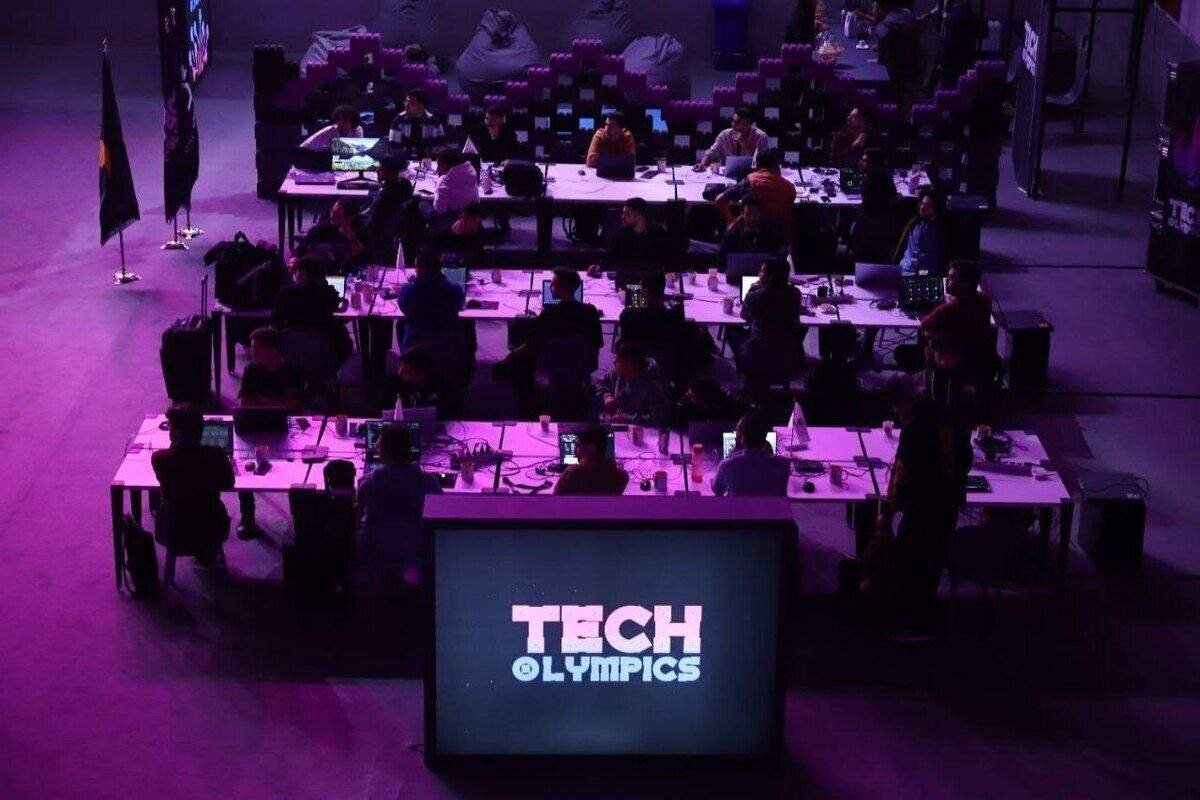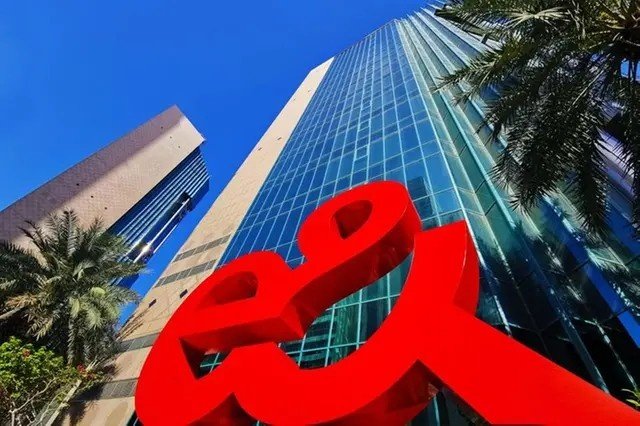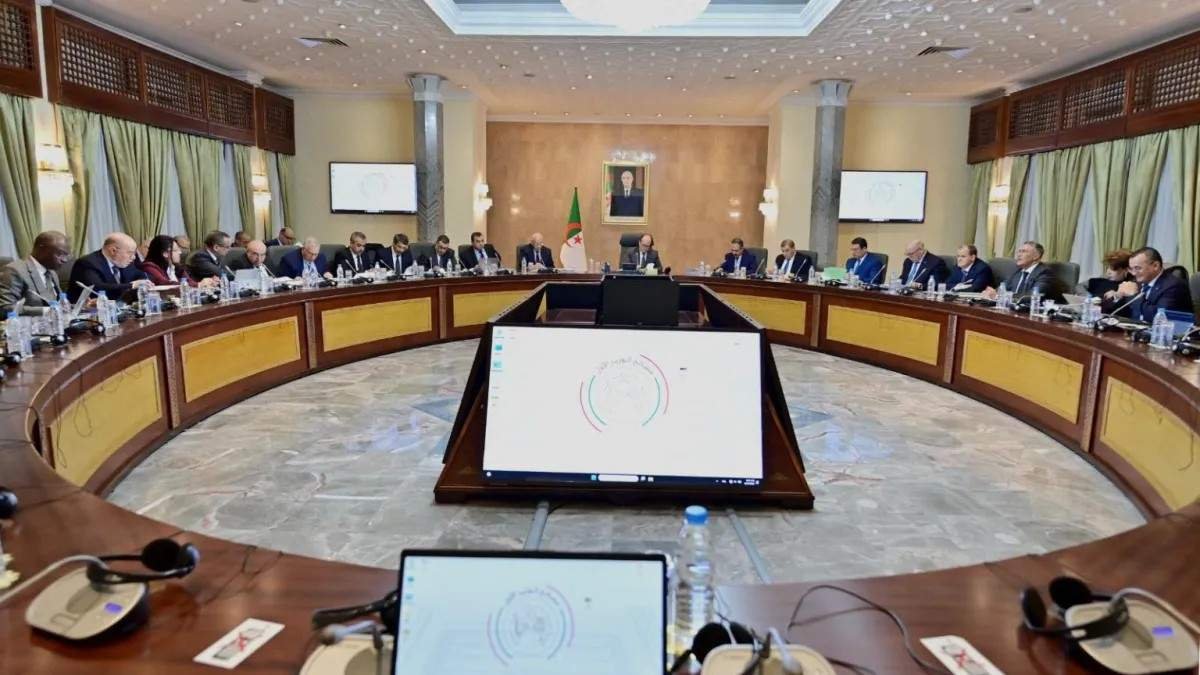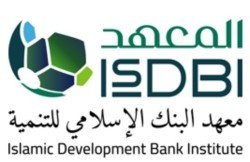TEHRAN – More than 1,100 participants from 65 countries, including Pakistan, Oman, Vietnam, Tunisia, India, Turkey, Bangladesh, Iraq, Azerbaijan, Lebanon, Indonesia, the Netherlands, and Romania, will take part in the second International Technology Olympics, set to be held from October 27 to 30 at Pardis Technology Park in Tehran.
According to Hossein Afshin, Vice President for Science, Technology, and Knowledge-Based Economy, this year’s event will feature over 11,000 elite Iranian students, nearly doubling last year’s participation. The competition aims to identify and train young talent, connecting them with national and international employment opportunities in high-tech fields.
Participants will compete in five main disciplines—artificial intelligence (AI), cybersecurity, programming, robotics, drones, and the Internet of Things (IoT)—each subdivided into specialized leagues. The programming competitions include Front-end, Python/Django, Algorithms, and Golang, while the AI section will cover text, data, and image processing. IoT challenges will focus on smart systems, crisis management, and energy optimization, while robotics and drone categories will include lightweight, heavyweight, autonomous, and group flight leagues.
Afshin noted that the event’s mission is to strengthen Iran’s position in global innovation and foster youth-driven technological advancement.
Meanwhile, according to the UNCTAD Technology and Innovation Report 2025, Iran now ranks 72nd among 166 countries—an improvement from 2022—placing it among upper middle-income nations in technological readiness. The report highlights Iran’s strong performance in research and development (35th globally) and progress in finance (56th), though it notes declines in skills and ICT establishment indices.
The UNCTAD report, titled Inclusive Artificial Intelligence for Development, calls for a global approach to AI that prioritizes inclusivity, focusing on infrastructure, data, and skills to ensure equitable technological progress.














